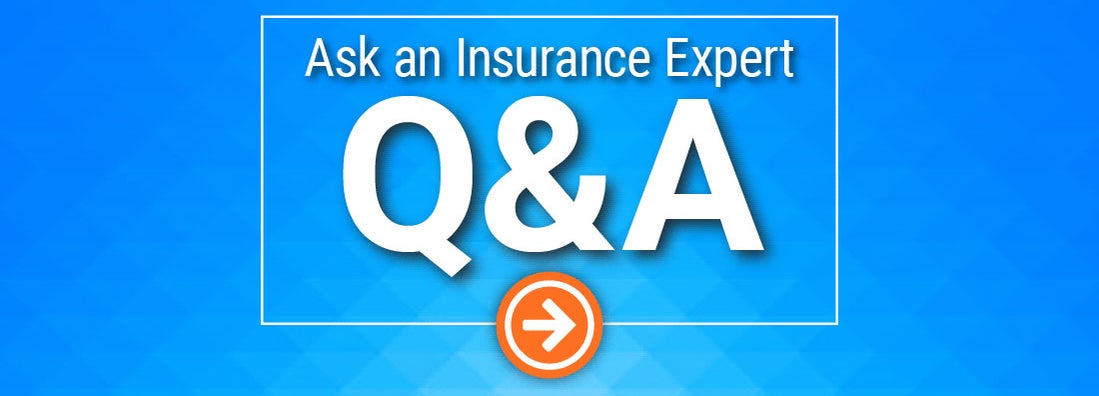How to Choose the Right Life Insurance

Q: How do I choose life insurance?
The options seem confusing and overwhelming, and I'm not sure where to start. What factors should I consider? How do I know how much I need and what type?
A: Purchasing life insurance is sobering for most people. It’s not something anyone wants to contemplate, but that doesn’t mean it’s not important. Life insurance can be a critical financial product for a family to pay for expenses after losing a loved one, or for a family whose assets are non-liquid. Life insurance can also help wealthier individuals who want to avoid giving a big chunk of their children’s inheritance away to the government due to estate taxes.
The first question to answer when choosing life insurance is “What do I want it to do?” This is the hardest part because it forces us to face some grim realities. If you were to die, how would you want the money from the life insurance policy to be used? Funeral expenses, debts, family living expenses, school for children, taxes, or funds for special needs are all on the table, and there may be many more categories of financial need. How long would the money need to last for those expenses? Added all together, you can get to a handsome sum pretty quickly.
But perhaps the need for life insurance is more quantifiable. What if it is for a business partner to buy out your interest in the business from your widowed spouse? That’s more straight forward. What if it was to pay off a specific debt that would be gone in a few years? What if you need “X” amount of insurance at all times, but only “Y” amount during a particular period? These kinds of questions determine what types of life insurance you might want to choose and for how much.
Term Life Insurance: Term life insurance is the simplest form of life insurance. It is insurance based upon the age, gender, and health characteristics of the insured. It grows more expensive as the insured gets older, eventually becoming unaffordable for most. It is most suited for temporary needs, but temporary is in the eye of the beholder. Temporary may be a year or two, or it may mean the 20 years of the insured’s highest income and debt. Insurance companies have found many ways to package term life insurance, typically averaging the costs over a known period to keep the insured from feeling the cost as it rises from year to year. When you think term life, think "not permanent."
Whole Life Insurance: Whole life insurance has been around for 100 years. The concept of whole life insurance was for it to be a permanent policy, not temporary. A whole life policy is designed to average out the cost of term insurance over the insured’s expected lifespan, charging more premium in the early years to make up for a deficiency in the later years, and add a small savings component. As the insured ages, the policy builds up a cash value (the excess premiums and savings) that grows at a specified rate of interest. As the insured ages, the cash value slows its growth, but still may eventually surpass the death benefit. If the insured lives long enough, they have a pile of money they can withdraw that replaces the need for the life insurance and the policy is cancelled.
Universal Life Insurance: Universal life insurance is a variation of whole life insurance, but with added flexibility. A universal life policy has a similar premium averaging and savings design, but allows for the insured to borrow the saved cash value in times of emergency, place extra amounts in the savings part of the policy during the policy period, or simply stop paying premiums for a time, letting the savings pay the required premium.
All of these types of policies have been redesigned and repackaged by insurance companies again and again to make them more attractive to one audience or another. Tax advantages, death benefit payment options, and investment return options all vary from company to company. One way to make sure you’re getting the right policy to meet your needs is to talk to a Trusted Choice agent who can walk you through the decision process.
